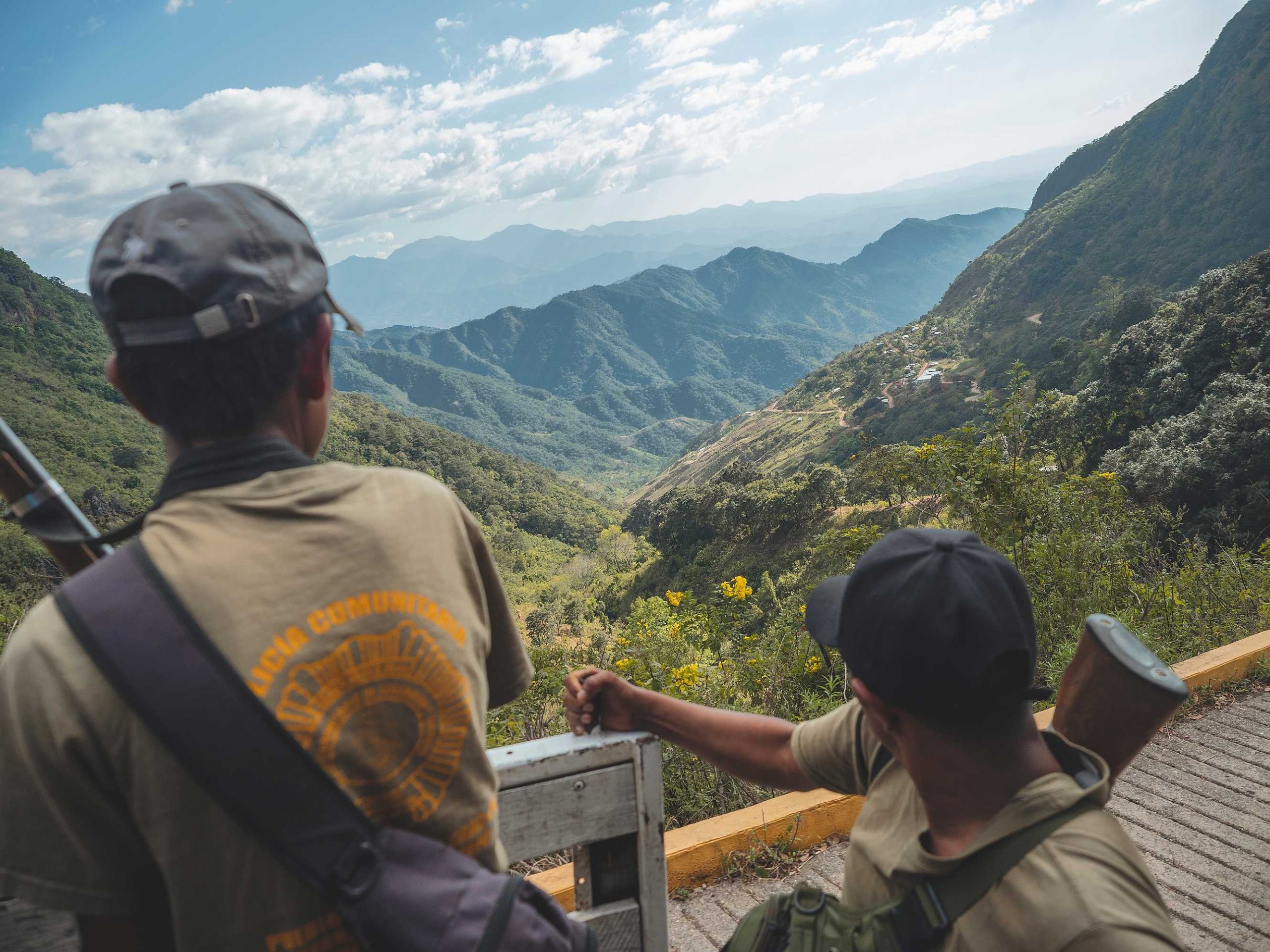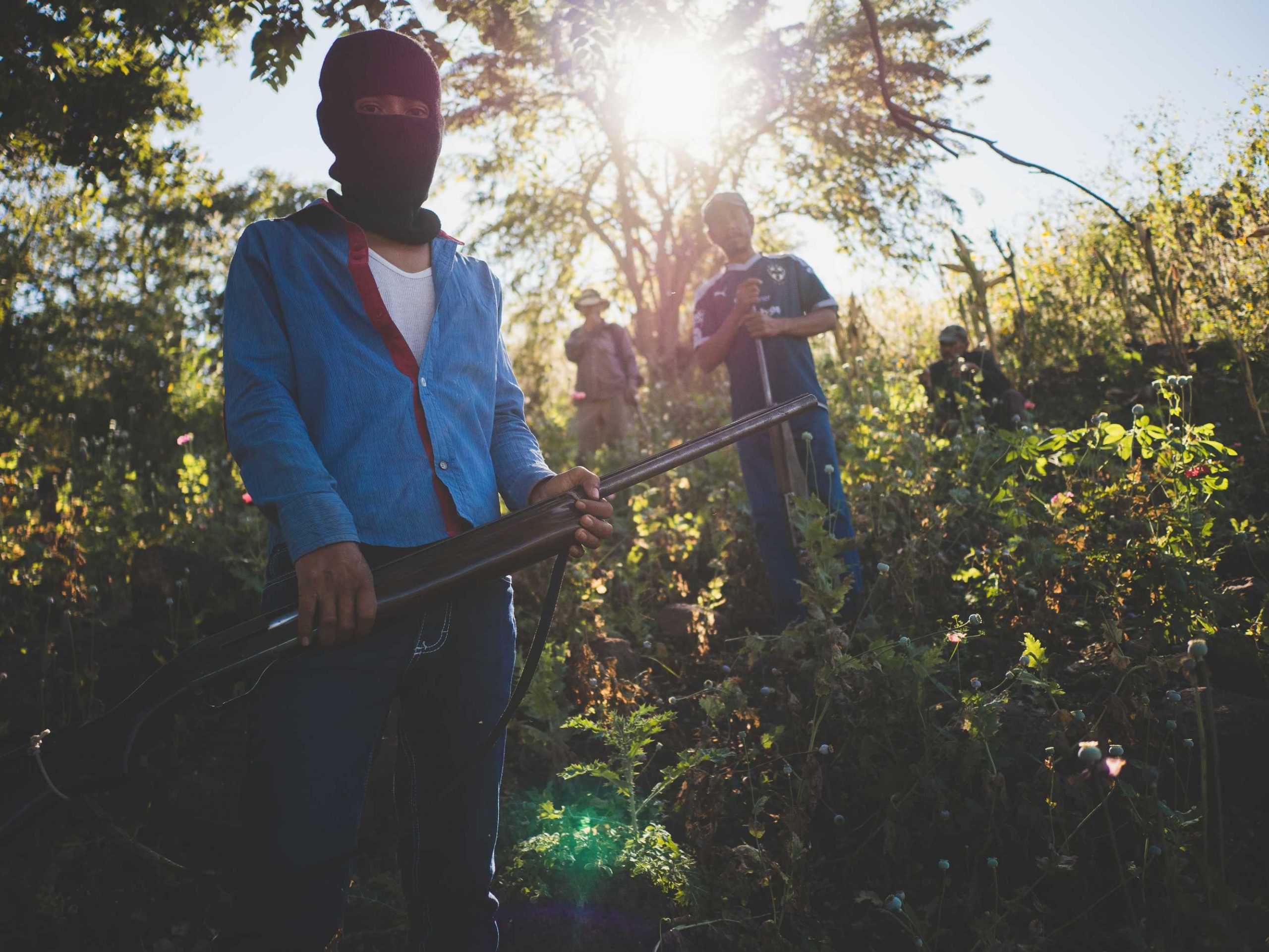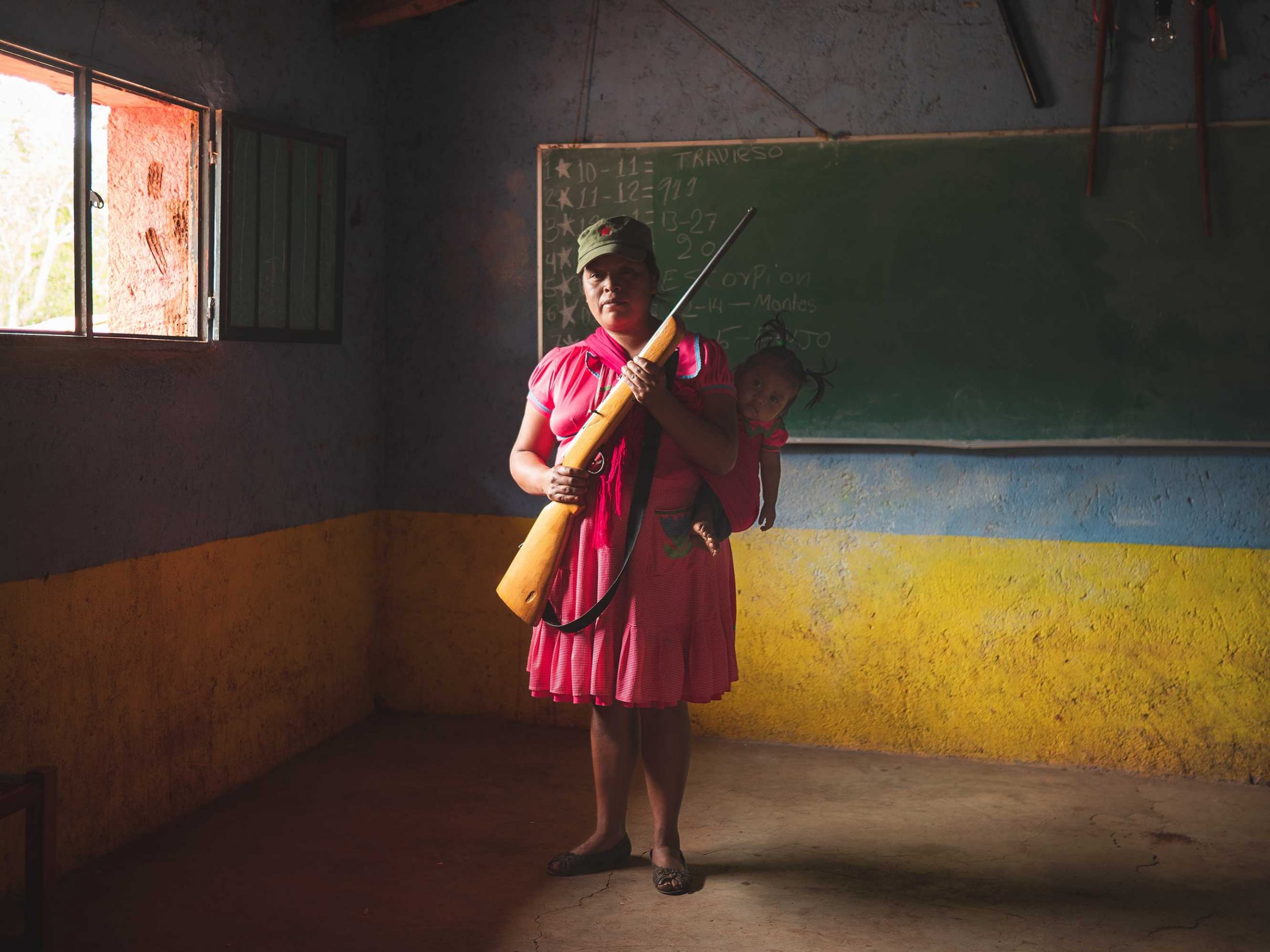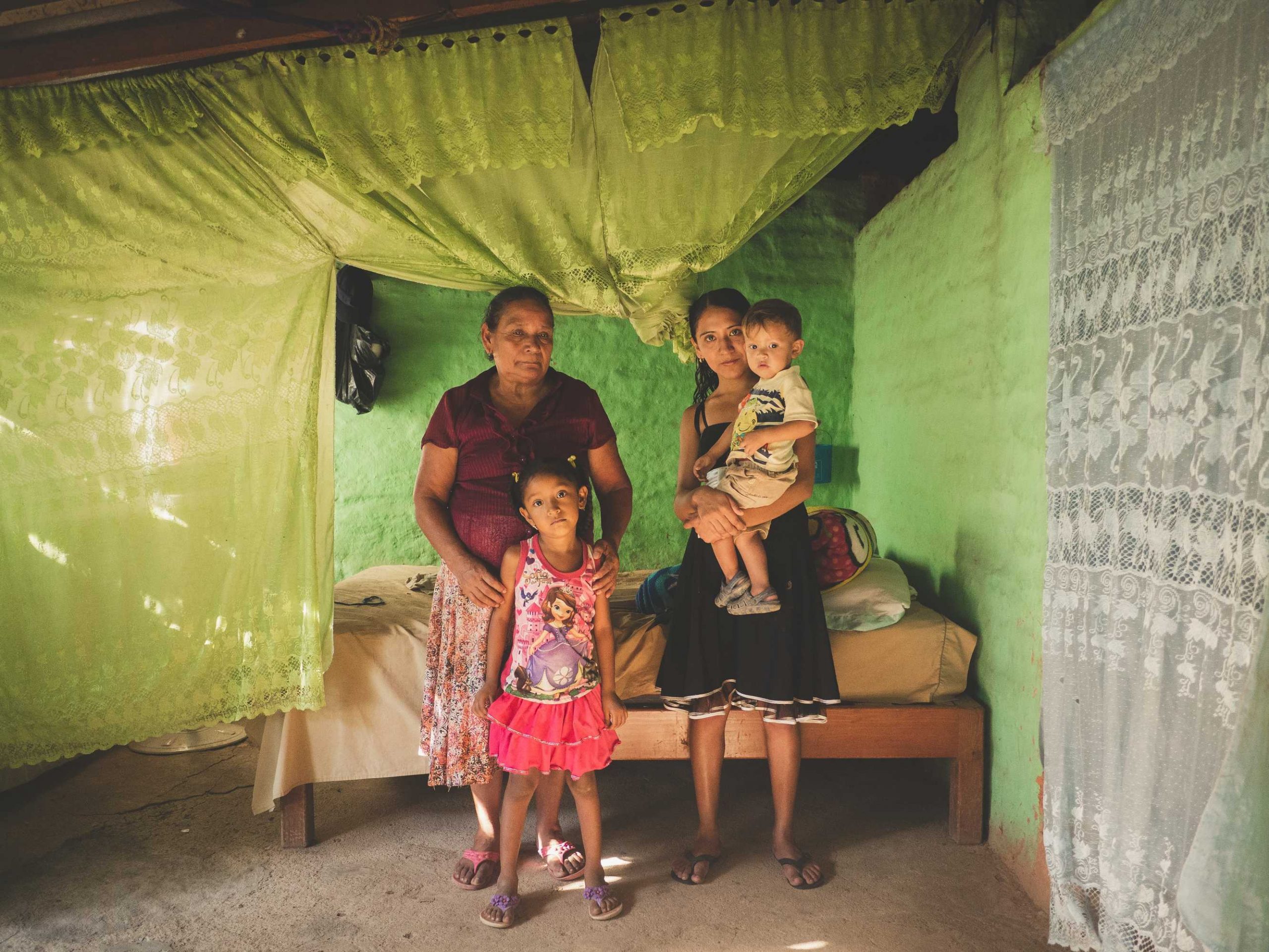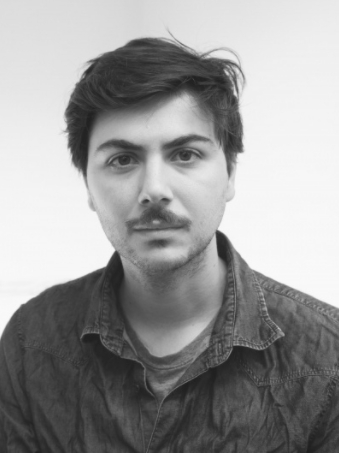This reportage documents the current social and political situation in the Mexican state of Guerrero, a unique player for violence and disorder in the country’s drug war.
Guerrero hosts the largest poppy cultivation in the country but unlike any other state under the control of a single organisation, Guerrero is hostage to more non-state armed groups than any other region. nisation, Guerrero is hostage to more non-state armed groups than any other region. Forty cartels and self-proclaimed defence groups in total (autodefensas) fight each other for control over drug production and trafficking – heroin for the U.S. market above everything else – and other rackets including extortion.
In larger urban centres such as Chilpancingo, Chilapa de Alvarez and Acapulco, brutal internal fights for territorial control spread terror among the locals. Cartels and other criminal groups adopt the so-called necropolitics: by consolidating fear and assuming the role of death judges for those who live in their territory, they show and gain power. Anyone can become a victim. The violence is terrible.
The chronic lack of basic security often forces inhabitants of smaller towns to abandon their homes in search of safety. A consequence is the increasing number of pueblos fantasma, (ghost villages) that have been either quickly abandoned or whose people seem to have disturbingly vanished in thin air. It’s easy to die in Guerrero but it’s even easier to disappear, as the 2014 disappearance of 43 students in Ayotzinapa showed to the international media.
In 2019 President López Obrador founded the National Guard, a security initiative meant to reduce killings and crime. This operation, having no budget of its own and deriving most of its personnel and hardware from the armed forces, has done very little to date.
Drawing a line between some of the autodefensas and purely criminal organisations has become increasingly difficult as the state has shown deep collusion and complicity with both and several autodefensas have gained significant political and social influence. And while in January 2020 Guerrero surfaced in international media because of an autodefensa recruiting children, much suggests that several nominal autodefensas have strayed far beyond citizen protection.
According to a recent study, the national impunity rate for murder is 89% in Mexico, while it reaches 96% in Guerrero. Police are also poorly trained: 32% of Guerrero’s officers in 2018 had received no training at all. Additionally, the state suffers from a lack of police having 0.9 police officers per 1,000 inhabitants, a ratio half of what Mexico’s federal government defines as the “minimum standard” for police presence.
